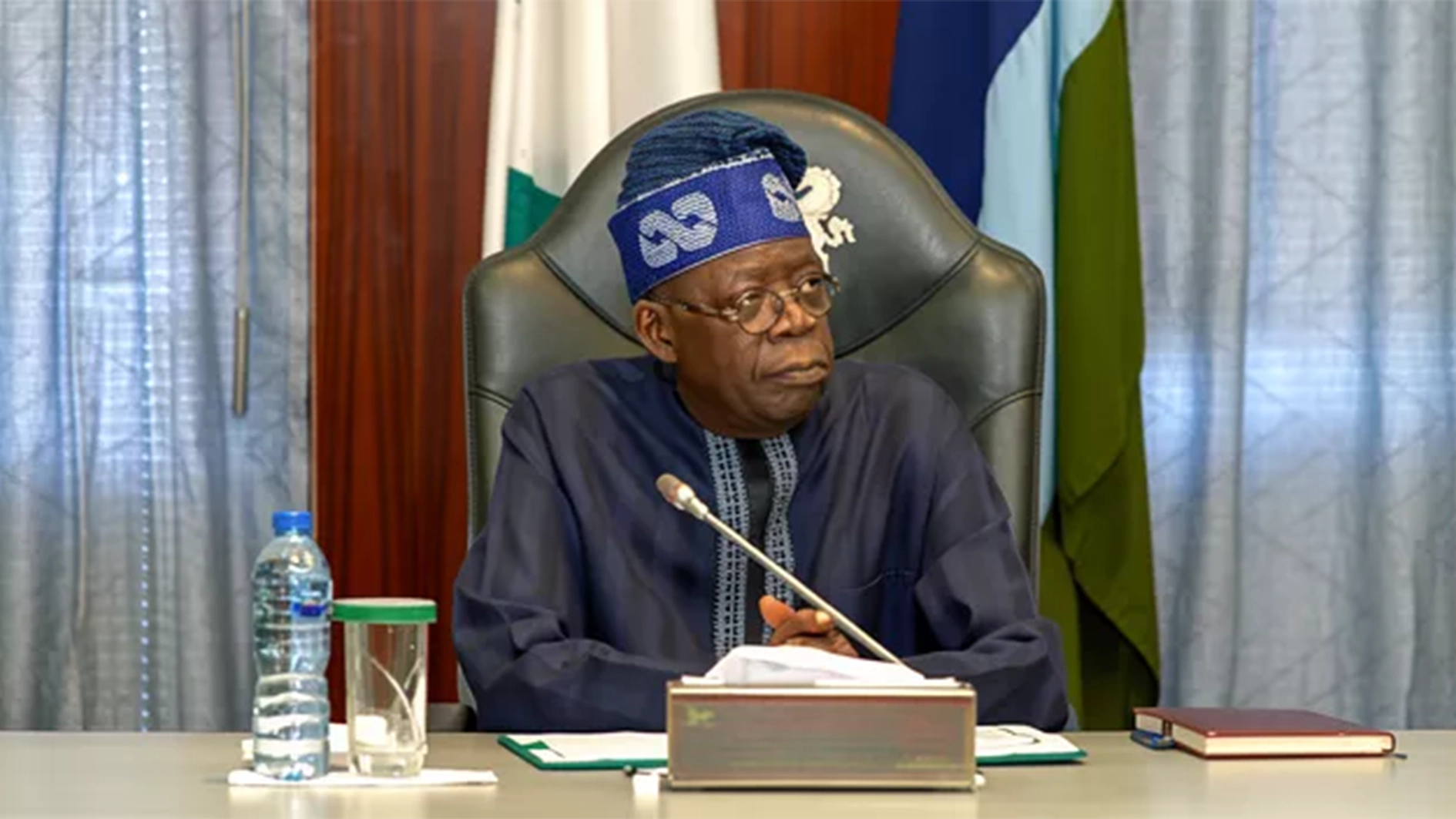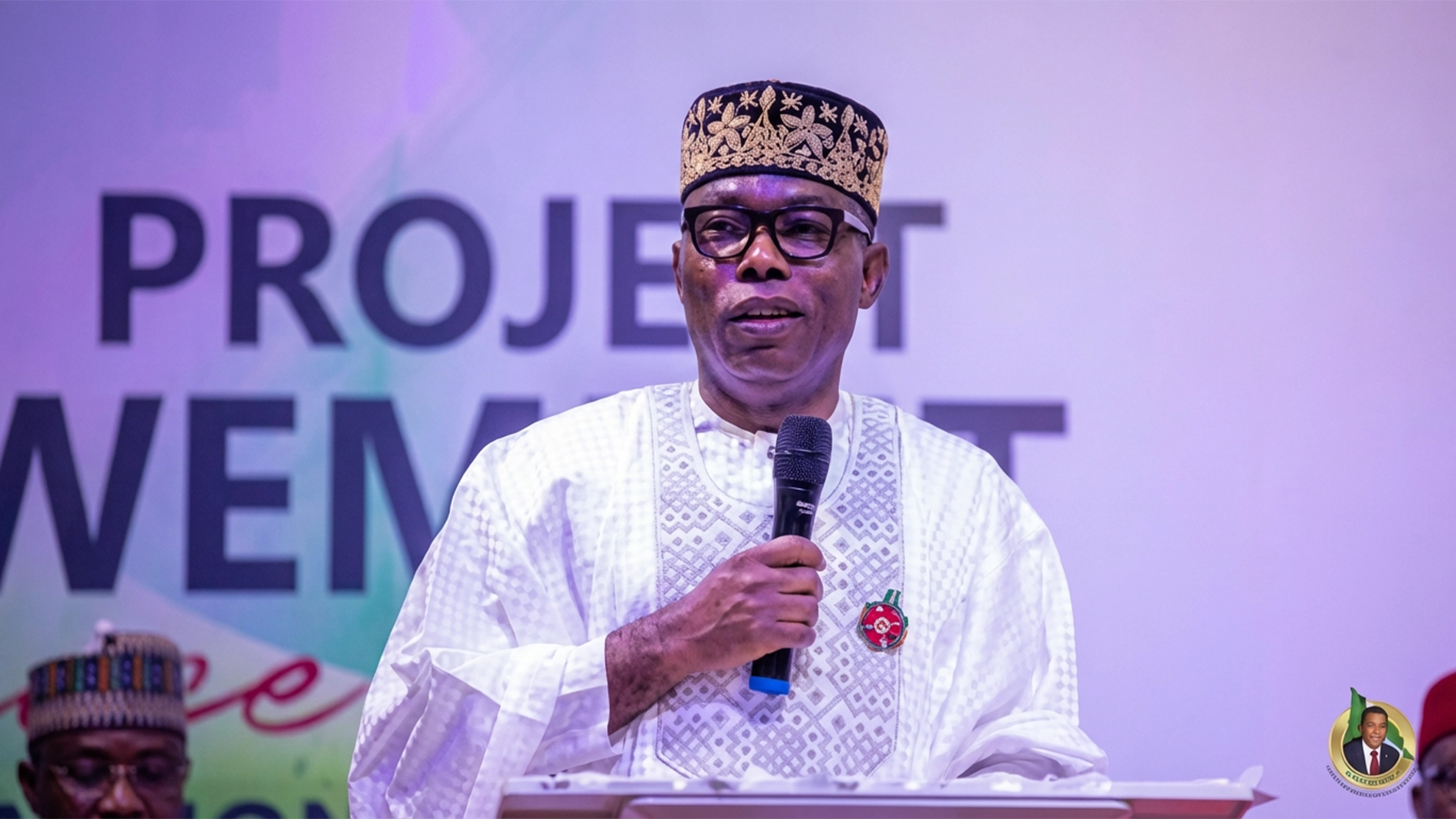
A Non-Governmental Organisation, The IREDE Foundation (TIF) has urged government at all levels to include children and persons living with disabilities into their programmes and policies.
Stressing the need for inclusive budgeting for children with disabilities, the organisation said the call became necessary following a survey carried by the foundation two years a ago
Executive Director, TIF, Crystal Chigbu, stated this at a Town hall Meeting on Mainstreaming Disability-Inclusive Budgeting for Children with Disabilities in Abuja.
According to her, children with disabilities should have equal access to quality education within mainstream schools, alongside their peers without disability.
She stated: “An inclusive environment fosters empathy, compassion, and understanding among children, which ultimately creates a more inclusive society.
“Inclusive education does not only improve academic outcomes, but also enhances social skills, self-esteem, and overall well-being of that child.
“When we embrace inclusive education, we are paving the way for a future where children with disabilities can lead independent and self-sufficient lives”.
Chigbusaid this has not been the case as you find out that a lot of children with disabilities stay back home because they are not able to go to school, adding that “even those that want to go to the inclusive schools, their houses are probably very far away from the schools.”
She lamented that teachers are not equipped to be able to deliver for them and as a result, they are left behind.
“The whole essence of this project is for us to bring the attention of the government to this”, Chigbu added.
According to her going forward, “we can start to have the education of children with disabilities being budgeted for because we know if it’s been budgeted for then we have the likelihood to have it implemented.”
TIF Board Member and Education Expert, Angela Ajala observed that inclusive education is not just about providing equal access but also about fostering inclusive minds that celebrate diversity and embrace collaboration.
Ajala said that prioritising disability-inclusive budgeting would empower schools and educators to provide tailored support and resources to children with disabilities, ensuring that no one is left behind.
She said that the town hall meeting provided an excellent opportunity to learn from each other’s experiences and reflect on how best to design and implement effective and sustainable collaborative practices towards inclusive education for children with disabilities.
“Together, we have made substantial progress in mainstreaming disability-inclusive budgeting for children with disabilities. However, our journey is far from over.
“Let us reawaken our collaborative spirit ,for it is through our collective efforts that we can truly make inclusive education a reality for every child. But we cannot stop here”, Ajala posited.
Programme Manager, West Africa, Disability Rights Fund (DRF), Theophilus Odaudu said the organisation supported the project by IREDE Foundation for children with disabilities was hinged upon the principle of `leaving no one behind and not in for us without us’.
He said: “As an organisation we support persons with disabilities or provide even more support to those who are marginalised among the community like children with disability, whose voices are hardly heard.
“So this project is meant to project the needs of children with disabilities, to advance their rights and to call for more budgetary allocation to ensure that issues that has to do with children with disabilities are not left behind.’’
He called on organisation to continue the advocacy and call for increased budgetary allocation.






